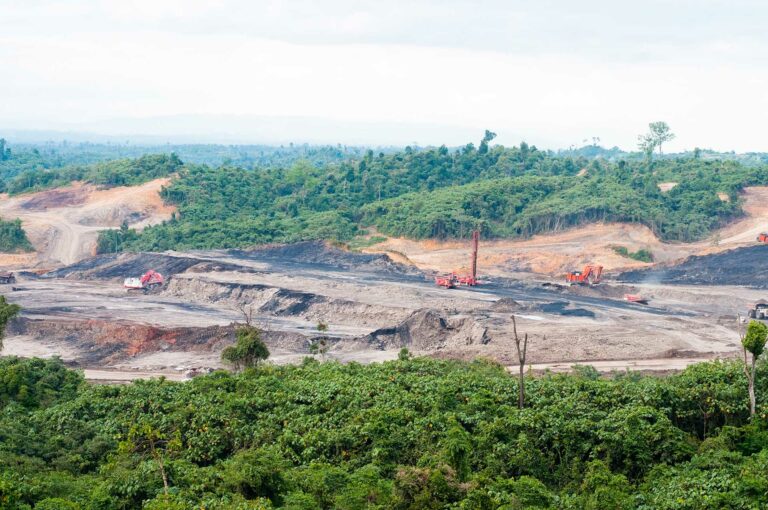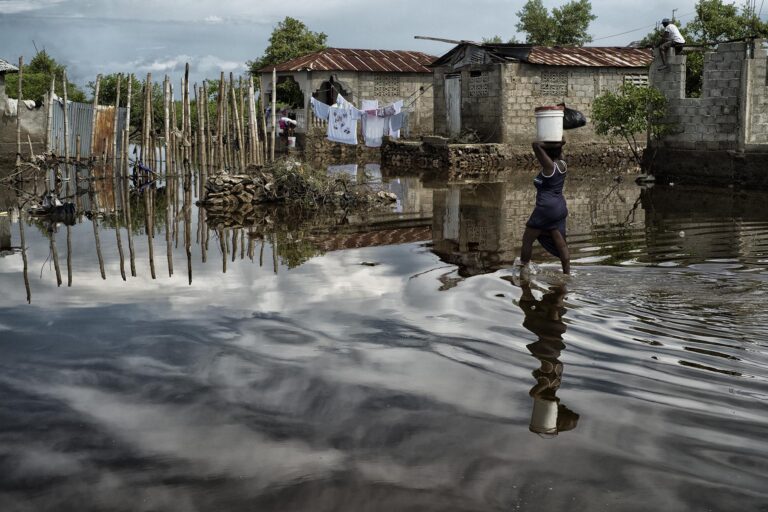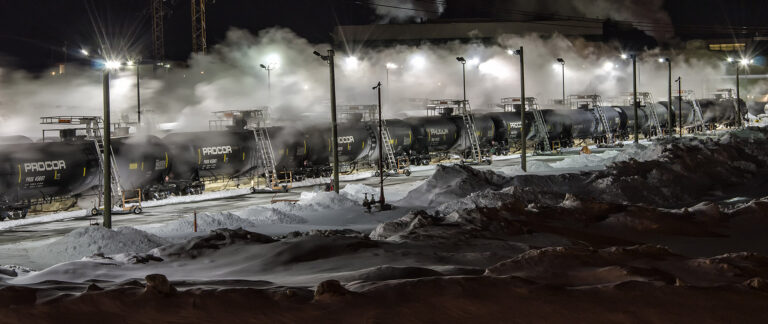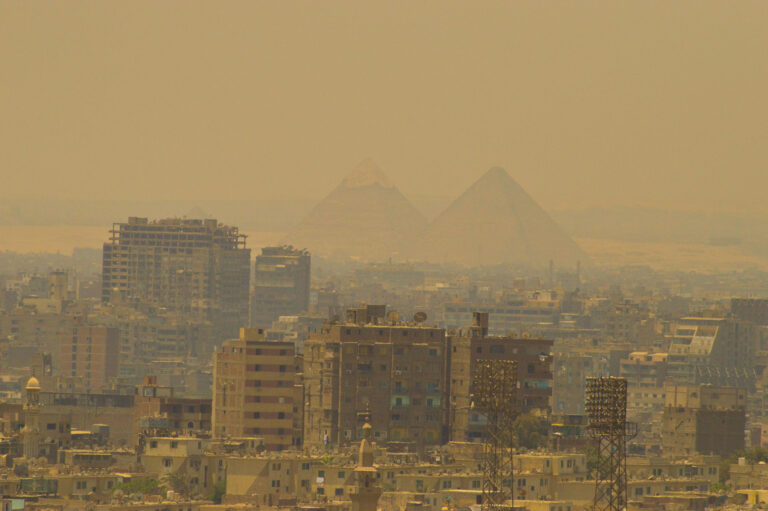In order to reach global climate goals, oil and gas production and consumption...Read More
The principle of a just transition ensures that climate mitigation and adaptation are fair, inclusive, and equitable to all; generate decent job opportunities; and leave no one behind.
The concept was developed in the 1980’s by trade unions in the United States to protect workers who were impacted by new environmental regulations and has more recently been incorporated in the movement for a Global Green New Deal. A just transition maximizes the social and economic benefits of climate action.
A just transition is critical to securing the rights of people impacted by climate change and moving from an extractive to a regenerative economy, which prioritizes environmental and human wellbeing over financial gains. It also requires that the transition from fossil fuels to renewable energy is done so in a rights-respecting way, and the extraction of critical minerals does not harm frontline communities.
In its guide to countries transitioning away from coal, the World Bank focuses on building solid governance structures, prioritizing the wellbeing of people and communities, and remediating former mining lands and coal plants.
Workers’ rights are a key focus of a just transition. The Paris Agreement, “tak[es] into account the imperatives of a just transition of the workforce and the creation of decent work and quality jobs…” In addition, the International Labour Organization’s (ILO) guiding principles on a just transition involve maximizing social dialogue among impacted groups, promoting fundamental labor rights, and prioritizing the disproportionate impacts of environmental and labor challenges on women. In its effort to “leave no one behind,” the just transition movement also includes protections for workers, including those in the fossil fuel industry, whose jobs will become obsolete as countries transition to renewable energy.
A just transition is particularly important for people living in poverty, who will be the most negatively impacted group by the climate crisis. For those living in poverty, a just transition could provide the opportunity to secure human rights through economic development and to put in place measures to build individual and community resilience to the impacts of the climate crisis.
Photo Credit: Miners at the Pniówek coal mine, in Poland. Job security, good salaries, early retirement and, in many cases, family tradition make this an attractive occupation, but the profession is in an inexorable decline – in part due to a push to transition to renewable energy sources. Photo by Alain Schroeder (Climate Visuals Countdown).
More reading...
As governments and companies are transitioning from fossil fuels to renewable energy, minerals...Read More
Overfishing is a serious marine issue with direct effects on both climate change...Read More
Under the International Covenant on Economic, Social and Cultural Rights (ICESCR), everyone has...Read More
The combustion of fossil fuels, including oil, gas, and coal, is the single...Read More
The Paris Agreement states that: Parties shall cooperate in taking measures, as appropriate,...Read More






